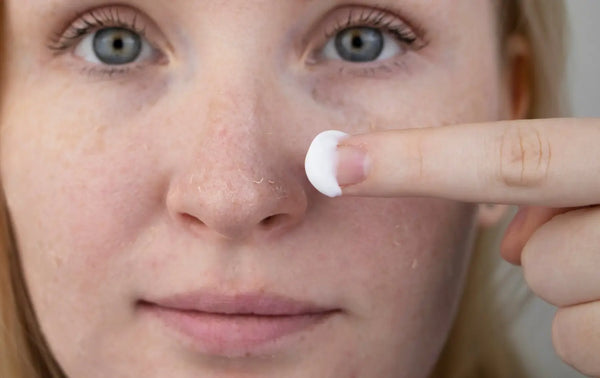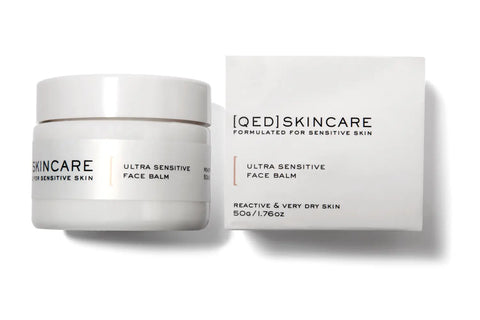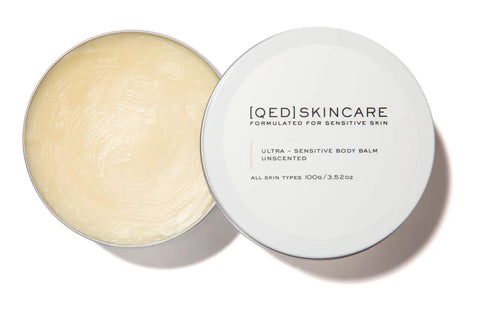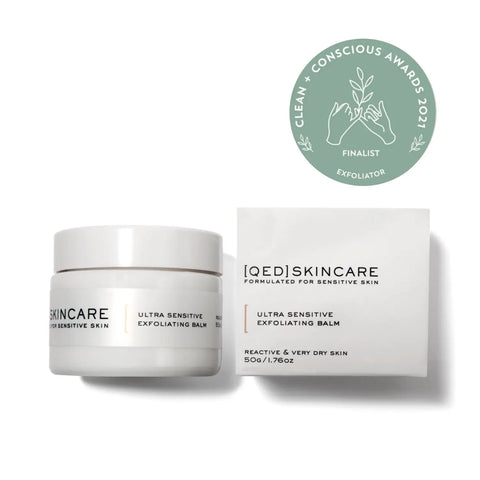EVERYTHING TO DO WITH PSORIASIS, COVERING BODY PSORIASIS AND FACE PSORIASIS
What is Psoriasis?
Psoriasis is a skin disease which causes red, irritated, crusty patches covered with, what look, like silvery scales. The patches can be itchy and sore and very unsightly. These patches most commonly occur on your knees and elbows, the trunk and scalp area, but can also occur anywhere on the body including psoriasis on face (facial psoriasis) which can be distressing. Psoriasis on face is less common than on the body.
Flare ups of psoriasis can sometimes trigger arthritis.
Psoriasis is a long-term condition but it does tend to cycle through flare-ups of a few weeks depending on several stress factors and then can subside for a while.
What happens in Psoriasis?
Psoriasis is actually an auto-immune disease. Auto-immune diseases are where for some reason your body's immune system dramatically overreacts to a trigger.
In the case of Psoriasis, your immune system causes your skin cell production to go into overdrive, producing new skin cells faster than it can shed the old ones.
Ordinarily, your skin cells have a life cycle of 3 - 4 weeks. They are produced in the deepest layers of your skin, and gradually move outwards, maturing along the way and eventually nudging away the older, dead skin cells on the surface.
In flare-ups of Psoriasis, the skin lifecycle can be sped up to every 3-5 days! This means that the skin cells which are being produced are immature and of low quality. Secondly, there is not enough time for the old ones to die off and get sloughed away. Which is why patches of Psoriasis are sore, bumpy and covered with "scales" of dead skin.
The auto-immune drive also contributes to the redness, itch and soreness.
For this reason psoriasis on face can be quite unseemly and it’s imperative to seek out psoriasis treatment with a medical professional.

Who does Psoriasis affect?
Psoriasis usually starts in your mid-30's, including psoriasis on face (facial psoriasis) and affects men and women equally. Psoriasis can sometimes run in families.
Is Psoriasis contagious?
No, it’s not contagious, even psoriasis on face.
How to cure Psoriasis permanently
Unfortunately, there is no cure for Psoriasis, however there are some treatments to make the flare-ups clear up faster. These include prescription creams for psoriasis treatment.
What triggers a flare-up of the skin?
Triggers vary from person to person, but it helps to figure out what yours are and how best to avoid them. In some cases, avoiding them is hard and Psoriasis treatment is necessary.
Triggers inlcude:
- Excessive alcohol
- Smoking
- Stress
- Skin abrasions: sunburn, cuts, scrapes, insect bites
- Dramatic hormonal changes, like menopause
- Some medications
- Certain throat infections can help flare up the skin - this is rare and is actually a different form of psoriasis, which isn't permanent
Best treatment for Psoriasis
Psoriasis treatment varies, from creams to oral medicines and even phototherapy and immunomodulators. Your GP can help you figure out a plan of action and in severe cases may send you to a dermatologist for a specific Psoriasis treatment in extreme cases.
Mild cases of psoriasis can often be managed with rich emollients and occasional exfoliation. Though some people still keep a Psoriasis treatment in their cabinet for flare up occasions.
The first thing that the Doctor will want you to do is start using rich moisturisers on all of the affected areas. QED can help you find the best complimenting creams for Psoriasis treatment.
Emollients with Psoriasis Treatment
There are 3 reasons you need to use rich moisturisers, medically known as emollients:
- Well hydrated skin is less likely to have a flare up
- The right moisturiser will reduce scaling and provide relief from itchiness
- Many of the psoriasis treatment medicines actually absorb better with well moisturised skin
Moisturisers to compliment Psoriasis Treatment, including Psoriasis on Face
You want to use as rich a moisturiser as possible. Look for a product with no added fragrances and as few ingredients as possible. A pure oil product is ideal.
QED recommends:
For Psoriasis on Face: Ultra Sensitive Face Balm is the best moisturiser for Psoriasis on Face (Facial Psoriasis) - It’s a rich, unscented balm that absorbs quickly to deeply hydrate and soothe without pushing into breakouts.

The Ultra Sensitive Face Balm from $36
For Body: Ultra Sensitive Body Balm is the best moisturiser for Body Psoriasis. It's s a luscious balm which melts into skin providing long, lasting hydration and acts as a barrier effect.

The Ultra Sensitive Body Balm $39
Both can be used twice daily as a day and night moisturiser and can be used as a relief balm in between.
What product is best to remove dry patches and scale?
You want to use a gentle exfoliator to buff away the dead skin cells without irritating the inflamed skin below (If the skin is broken or very inflamed, wait a few days for it to settle before you exfoliate.)
For Psoriasis on Face: Ultra Sensitive Exfoliating Balm is the best exfoliator for which uses spherical Jojoba Beads to every so gently buff away dead skin cells and the base balm deeply hydrates and softens skin.

The Ultra Sensitive Exfoliating Balm $36
For Body: The Body Exfoliator is the best exfoliator. Apply directly to dry skin to remove dead skin cells and massage in base product at the same time.
Another tip to softening scale and make it easier to remove is soaking in a warm (not too hot) bath for 15 minutes immediately before exfoliation. This can help soften scale, making it easier to remove. Adding a hydrating bath oil (as opposed to a bubble bath or bath salts which will both dry skin) will also help soften Psoriasis patches.
Summary : To reduce flare-ups for body and psoriasis on face,
- Avoid your triggers, where possible
- Keep your skin as well moisturised as possible
- Gently remove scales early before it builds up
- Avoid stripping products, like high-foaming body products
- If you notice a flare-up starting, treat it early
- Always have a suitable Psoriasis treatment on hand




